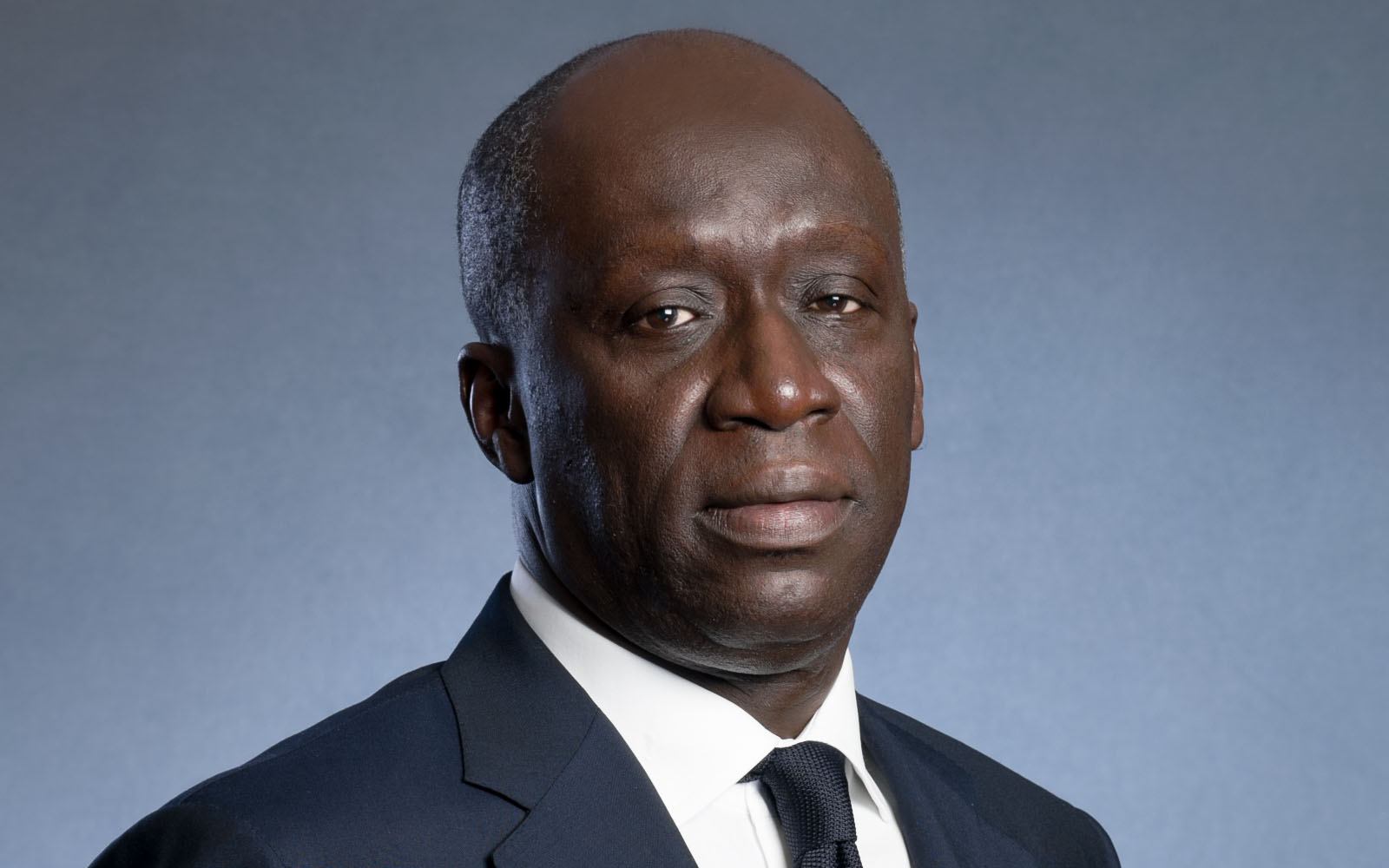The Managing Director/Chief Executive Officer, Leadway Assurance Company Limited, Mr. Oye Hassan-Odukale, has assured that the insurance company currently has shareholders’ funds in excess of N40bn compared to the N15bn required for a Tier 1 composite insurer to underwrite all risks in the country.
Hassan-Odukale, who is also the Chairman of the Sub-Committee on Publicity and Communication of the industry’s insurers’ Committee, believes the introduction of the solvency requirement for insurers in the country commencing January 1, 2019, will help to restructure the market in a way that insurers can choose which part of the consumer segment (retail, commercial or industrial) is best served on the capital fund that it holds or is able to deploy.
According to him:
“The news of NAICOM’s introduction of TBMSR is a positive one. I am confident that it is an initiative with potential upside for the industry to grow and take its rightful position as a formidable contributor to our national economic activities, growth, and development as it is in developed economies and It is high time we moved beyond the 0.3 percent contribution to GDP and improve our ranking within the comity of African insurers (heavily dominated by South Africa) as measured by the African Insurance Barometer.”
Recall that the National Insurance Commission (NAICOM) has released the new capitalisation requirements for insurance firms in the country. Under the risk-based capitalisation requirements, each cadre namely life, non-life, and composite insurance firms have their capital base divided into three tiers.
The new capital requirements
Under the new Tier-Based Minimum Solvency Requirement (TBMSR), the minimum capital requirement (policyholders’ surplus/shareholders’ funds) for insurance companies remains as the base Tier 3 capital (N3 billion for General Insurance; N2 billion for Life). Tier 3 companies are now only able to write retail insurances (micro insurance, motor, fire, agriculture, compulsory liability insurances, individual life, health and miscellaneous insurance). Tier 2 companies are required to have 150% of the base capital (N4.5 billion for General Insurance and N3 billionn for Life) based on the types of risks written. Tier 2 companies can write retail insurance as prescribed under Tier 1, including commercial and industrial risks and group life assurance.
Tier 1 companies are ultimately required to have 300% of the base capital (N9 bilion for General Insurance and N6 billion for Life) to write all risks including annuity and exclusively Special Risks (e.g. energy and aviation risks) which are highly capital intensive in terms of risks retained on the balance sheet of the insurer in addition to any reinsurance capital purchased. Automatically, composite companies (Life and General Insurance) at any tier only need add both sides to make up the required capital, that is N5 billion for Tier 3, N7.5 biollion for Tier 2 and N15 billion for Tier 1.




















